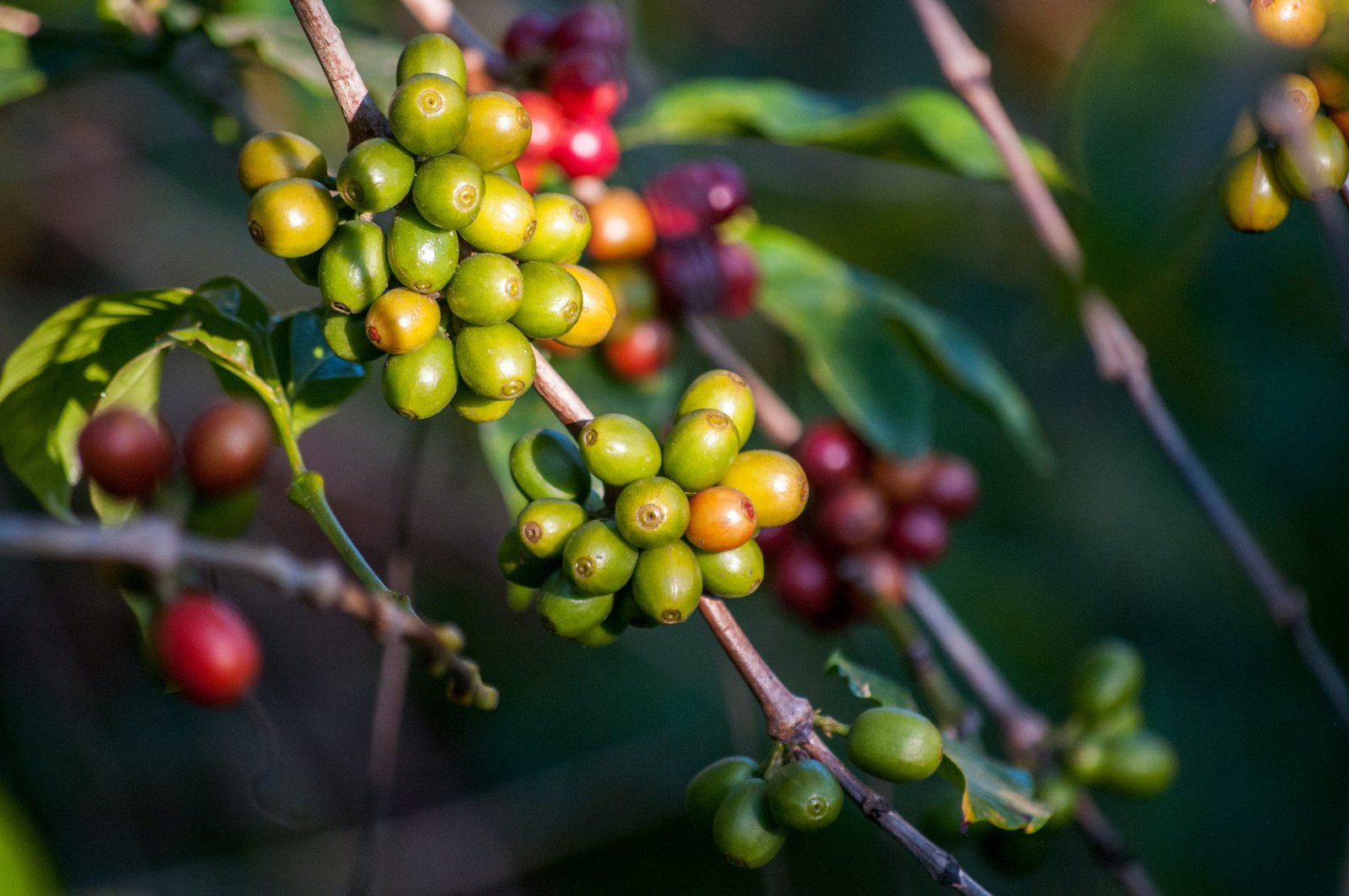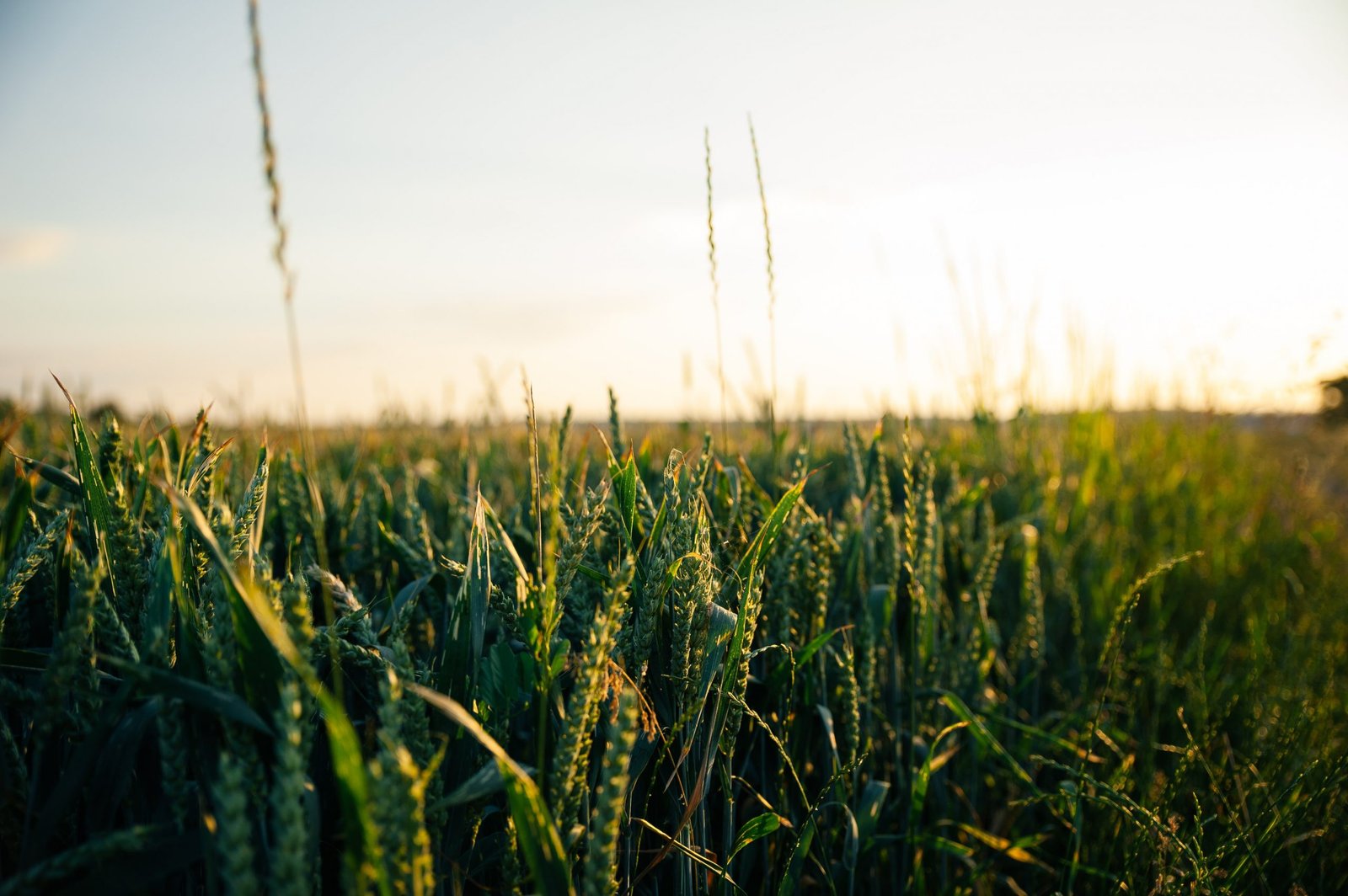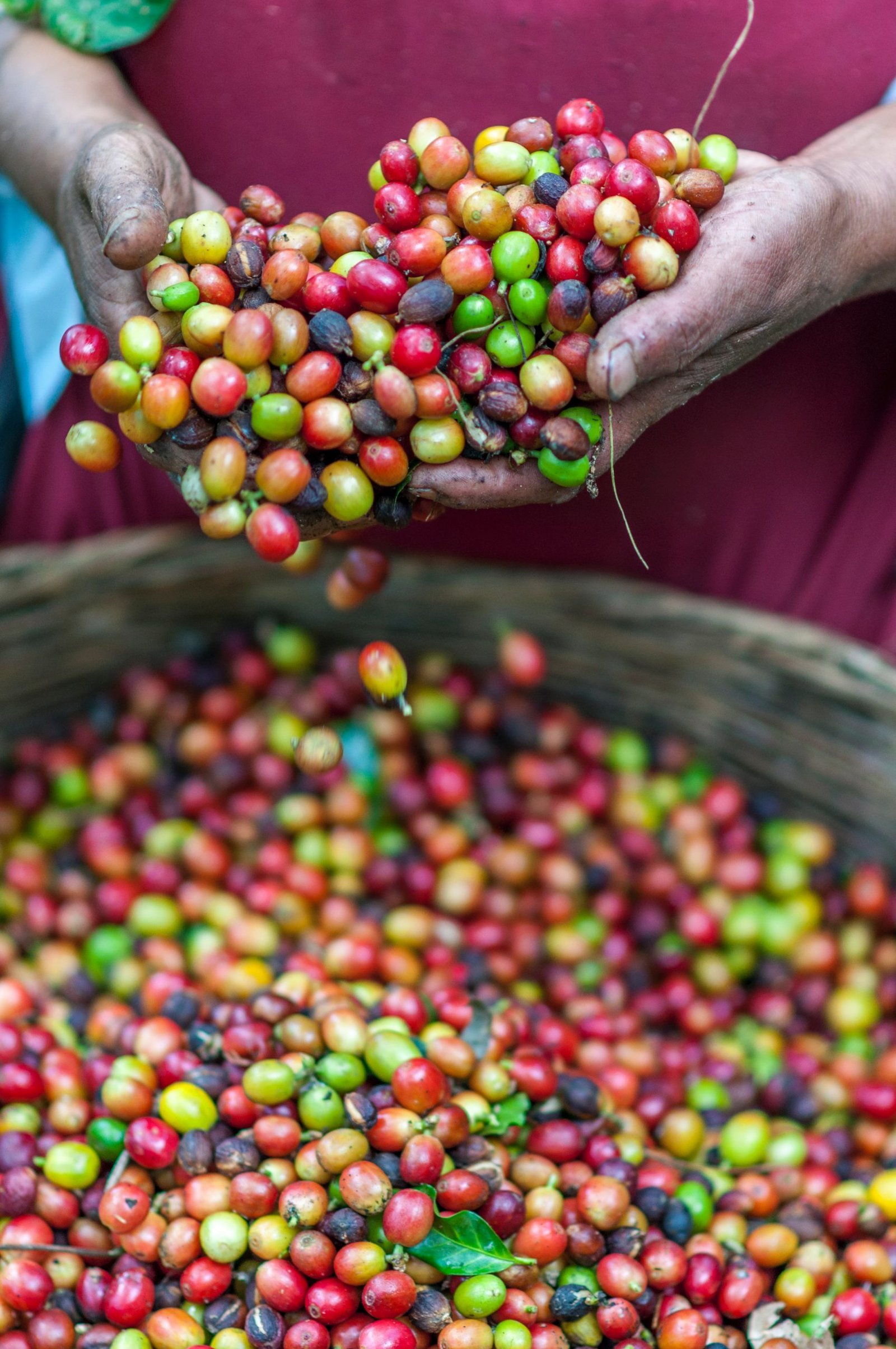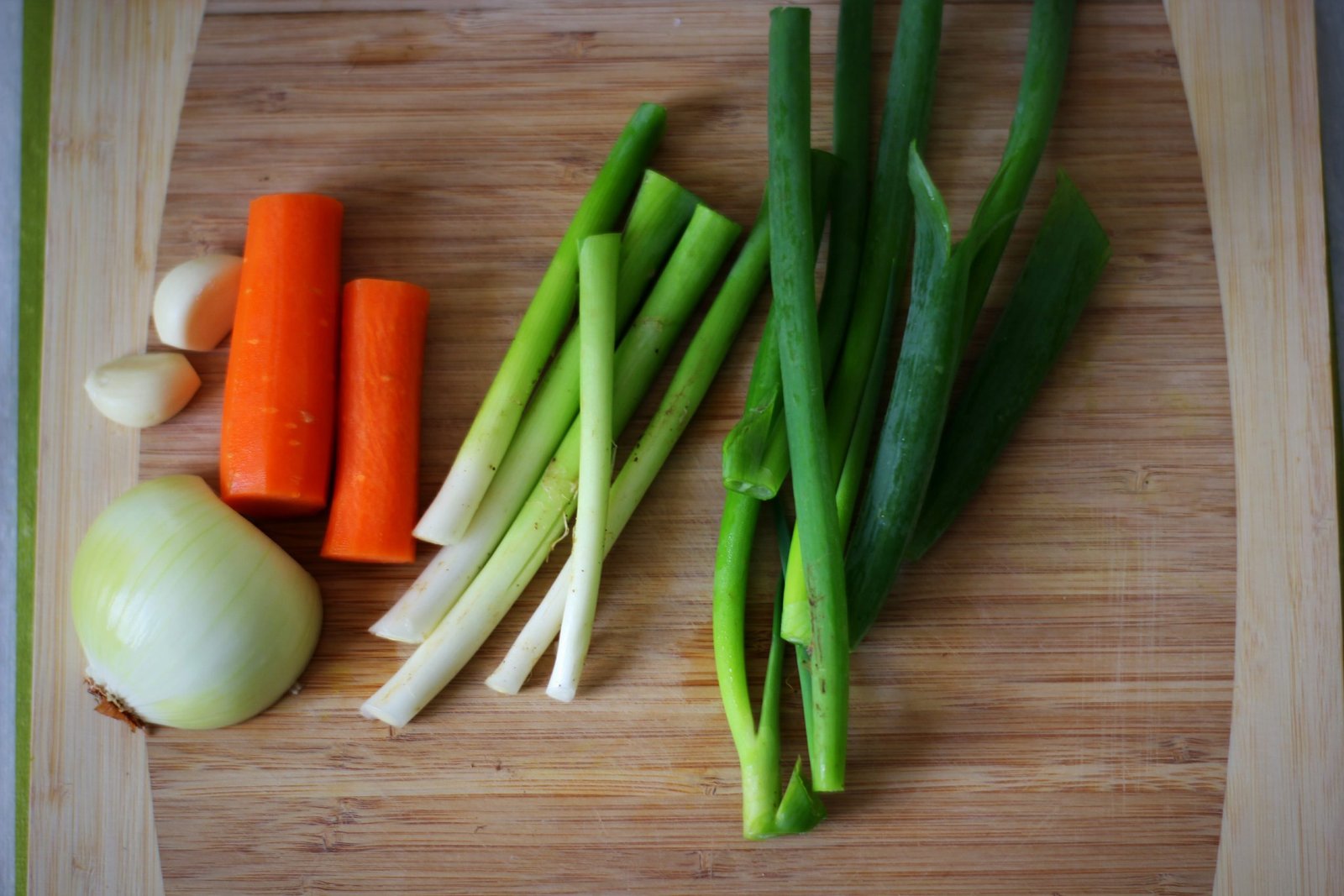
Do You Know Where Your Food Comes From? 6 Reasons Why It Matters
Do you know where your food comes from? Does it matter?
Well, it does if you care about your health, the quality and taste of your food, and how your choices impact the planet. Understanding how and where the food you buy was grown and raised is more important now than ever before.
Many modern agricultural practices, like the overuse of pesticides and herbicides, are harmful to the environment and your health. Others, such as importing food over long distances, affect the flavor, quality, and nutritional value.
Here are six reasons why you should know where your food comes from.
Knowing where your food comes from allows you to support sustainable farming practices.
Did you know that global food production must increase by at least 50% over the next 30 years if we’re to have any hope of feeding our growing population? The amount of land we would need to grow that much food would eliminate many of the forests and wild areas that we have left. The effects on our environment would be devastating for future generations.
The truth is industrialized, high-intensity agriculture simply is not sustainable. To raise a successful crop growing season after growing season, high-intensity field farmers must apply endless amounts of chemical fertilizers, herbicides, pesticides, and water to their fields each year.

This overexploitation of the land and natural resources has led to poor soil quality and lower nutritional value in our food. Not only that, but the chemical runoff pollutes local water supplies, causing harm to wildlife, aquatic animals, and native plant life. Many also believe that it’s a major contributor to global warming.
When you know where your food comes from, you can choose to support farmers who use sustainable farming practices. Start by looking for farmers who use organic growing methods, but don’t stop there.
Support modern growing practices like urban indoor farming, hydroponics, and the use of AI in agriculture and farming because they may be the answer to future food sustainability. These modern methods maximize efficiency, minimize resource waste, and eliminate the need for chemical pesticides and herbicides.
Being selective about where you spend your money is a great way to show support for forward-thinking farmers who are trying to break away from our dependence on industrialized farming.
Knowing where your food comes from closes the gap between farm and table.
The gap between farm and table has grown astronomically over the years. Many people have no idea that the produce they buy at their local grocery store often comes from halfway across the world. Or, that the eggs they’re eating were laid by chickens who never saw the light of day.

Knowing where your food was grown and how it was raised allows you to choose between food that was raised locally, using sustainable, ethical practices… or food that was grown in another country using questionable methods that may not be ethical, sustainable, or good for your health.
A reputable farm will be more than happy to tell you about their growing practices, and even give you a tour. Rainbow Nation residents are often looking for a reliable South African chicken supplier who can guarantee that their chickens are raised humanely and without harmful chemicals. Knowing exactly where your food comes from gives you peace of mind and confidence in the quality of the food you’re consuming.
Buying locally grown food supports your local economy.
When you buy locally grown food, your money supports a local farmer and business instead of a large corporation. This helps to keep more jobs in your community and helps local growers thrive so that they can continue to offer the goods and services you enjoy.
Knowing where your food comes from improves your relationship with food.
When you buy your food from your local farmer and at your neighborhood farmer’s market, instead of the grocery store, you’ll have a greater connection to your food. This helps you develop an appreciation and respect for your food.
You and your family will have a better understanding of how your produce was grown, how the meat was raised, and how the food was harvested and processed. It reinforces mindful eating and improves your relationship with food by turning it into an experience rather than a mindless distraction.
It’s the only way to know what you’re really putting into your body.
Pre-packaged, processed food often comes with a bunch of extras you may not want to put into your body or feed to your family. You probably already know that shelf-stable food is often full of preservatives, sodium, sugar, and unhealthy trans fats.

But did you know that even the conventional produce at your local grocery store has likely been treated with various chemicals to make it look better, last longer, or prevent sprouting? And, don’t forget about the chemicals that were used in the growing process.
Buying locally grown, unprocessed, fresh food, and preparing it from scratch gives you control over what you’re putting in your body. It’s the ultimate definition of clean eating.
It’s a great way to reduce your carbon footprint.
Buying local means fewer carbon emissions since the food doesn’t have to be transported so far. In fact, locally grown food may only travel 20 or 30 miles to get to your plate, while conventionally grown produce may have to be transported as much as 2,000 miles. But the impact goes even further than that. Buying food grown in your local area also means less waste because the food doesn’t need all the packaging that’s required to protect it during shipping.
You can also choose to support local farmers who skip packaging altogether or at least opt for recyclable or compostable packaging. That way you’re not contributing to the world’s never-ending plastic problem.
Final Thoughts
As you can see, knowing where your food comes from is important for a variety of reasons. If you’re making the extra effort to eat a clean diet, the last thing you want to do is spoil it by eating conventionally grown produce that’s full of chemicals. Being selective about where you buy your food is the first step to good health and doing your part to take care of the planet, too.









Emilia
You must take care of the quality of the food you eat if you want your health to not let you down. Poor quality products can have a very negative impact on your well-being, I advise you to check the food here https://neabigread.org/ first